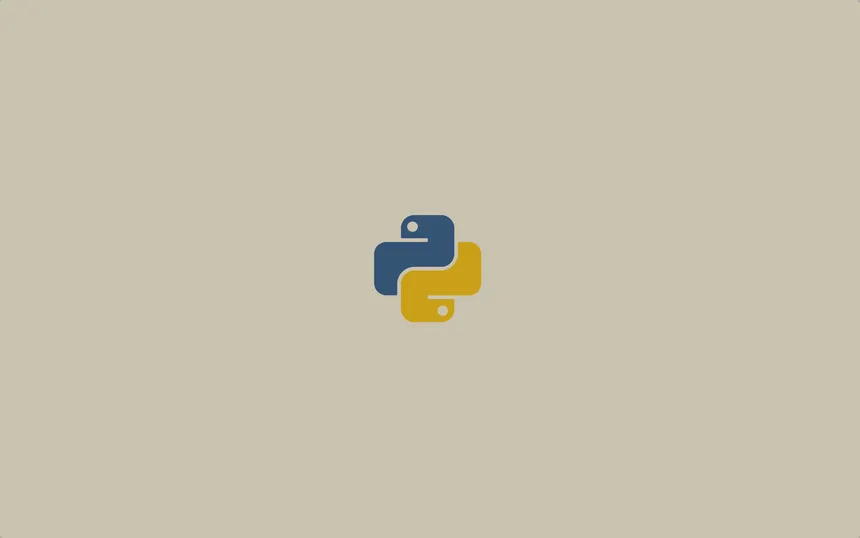Python is a versatile and powerful programming language that is widely used in various fields such as web development, data science, artificial intelligence, and automation. Its simplicity and readability make it an excellent choice for beginners and experienced programmers alike. If you're looking to learn Python quickly, here are some effective strategies to get you started and proficient in no time.
1. Set Clear Goals
Before diving into learning Python, it’s essential to set clear and achievable goals. Determine why you want to learn Python. Are you interested in web development, data analysis, automation, or something else? Having a clear purpose will help you stay focused and motivated.
2. Choose the Right Learning Resources
Selecting the right learning resources is crucial for quick and effective learning. Here are some recommendations:
- Online Courses: Platforms like Coursera, Udemy, and edX offer comprehensive Python courses. Look for courses that are well-reviewed and align with your goals.
- Interactive Tutorials: Websites like Codecademy and freeCodeCamp offer interactive Python tutorials that are great for hands-on learning.
- Books: Books like “Automate the Boring Stuff with Python” by Al Sweigart and “Python Crash Course” by Eric Matthes are excellent for beginners.
3. Start with the Basics
Begin your Python journey by learning the basics. Familiarize yourself with fundamental concepts such as:
- Variables and Data Types: Understand different data types like integers, floats, strings, and lists.
- Control Structures: Learn how to use loops (for, while) and conditional statements (if, else).
- Functions: Understand how to define and call functions.
- Basic Data Structures: Get comfortable with lists, tuples, dictionaries, and sets.
4. Practice Regularly
Practice is key to mastering Python quickly. Aim to write code every day, even if it’s just for a short period. Working on small projects or solving coding challenges can significantly boost your understanding and retention of Python concepts. Websites like LeetCode, HackerRank, and Codewars offer a variety of coding challenges to practice.
5. Work on Real Projects
Applying what you’ve learned to real-world projects is one of the best ways to solidify your Python skills. Start with simple projects like:
- Calculator: Build a basic calculator that can perform arithmetic operations.
- Web Scraper: Create a script to extract data from websites.
- To-Do List: Develop a simple to-do list application.
As you progress, tackle more complex projects related to your goals, such as developing a web application using Flask or Django, or analyzing data with pandas and matplotlib.
6. Learn from Others
Join online communities and forums where Python enthusiasts gather to share knowledge and help each other. Websites like Stack Overflow, Reddit (r/learnpython), and Python-specific Discord servers are great places to ask questions, seek advice, and learn from others’ experiences.
7. Read and Understand Existing Code
Reading and understanding existing code can provide insights into best practices and new techniques. Explore open-source projects on GitHub, study the code, and try to understand how it works. This practice can help you learn how to structure your code effectively and solve problems efficiently.
8. Use Debugging Tools
Debugging is an essential skill for any programmer. Learn to use debugging tools available in your development environment to identify and fix errors in your code. Python’s built-in debugger (pdb) and integrated development environments (IDEs) like PyCharm and VSCode offer powerful debugging features.
9. Stay Updated
Python is continuously evolving, with new libraries and frameworks being released regularly. Stay updated with the latest trends and developments in the Python ecosystem by following blogs, podcasts, and official Python documentation.
10. Be Patient and Persistent
Learning a programming language takes time and effort. Be patient with yourself and persistent in your practice. Celebrate small victories along the way and don’t get discouraged by setbacks.
By setting clear goals, choosing the right resources, practicing regularly, working on real projects, and engaging with the community, you can learn Python quickly and efficiently. Remember that consistency and dedication are key to mastering any new skill. Happy coding!


Comments:
Add Comment